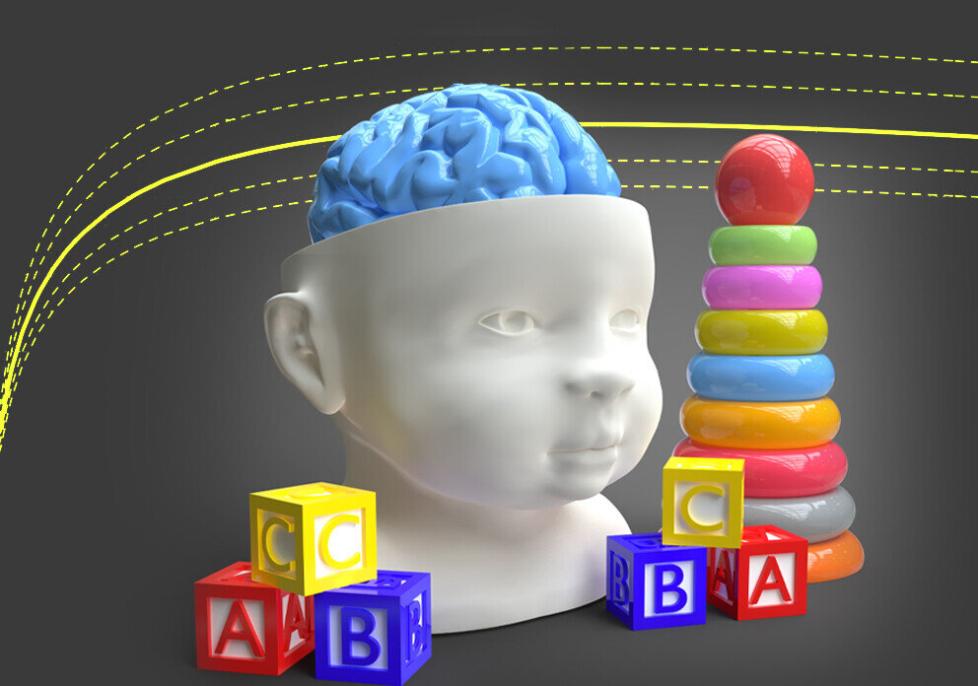The Impact of Brain Development on Legal Liability: A Comparative Study
Thesis statement: Brain development significantly influences legal liability, as individuals' culpability and capacity to form intent are directly correlated with their cognitive and emotional maturity.

Significance Of The Topic:
- Understanding the impact of brain development on legal liability has important implications for criminal justice systems, civil litigation, and policymaking.
- This study aims to provide a comprehensive analysis of this relationship and contribute to a more informed approach to legal accountability.
I. Brain Development And Its Stages
Overview Of Brain Development:
- Brain development is a complex process that begins in utero and continues throughout adolescence and early adulthood.
- Key stages of brain development include:
- Infancy: Rapid growth and formation of neural connections.
- Childhood: Continued development of cognitive and emotional skills.
- Adolescence: Significant changes in brain structure and function, including increased risk-taking behavior.
- Young adulthood: Continued maturation of the brain's frontal lobes, responsible for decision-making and impulse control.
Impact Of Brain Development On Cognitive And Emotional Functioning:
Cognitive development:
- Maturation of attention, memory, and problem-solving skills.
- Development of higher-order cognitive functions, such as reasoning, planning, and decision-making.
Emotional development:
- Increased emotional regulation and control.
- Development of empathy and social understanding.
II. Legal Liability And Brain Development
Culpability And Brain Development:
- Culpability, or blameworthiness, is a central concept in criminal law.
- Brain development can affect culpability by influencing an individual's:
- Capacity to form intent: The ability to understand the wrongfulness of one's actions and the consequences of those actions.
- Capacity to control behavior: The ability to resist impulses and make rational decisions.
Legal Doctrines And Brain Development:
Diminished capacity:
- Legal defense that reduces the degree of culpability due to mental impairment.
- Brain development can be a factor in determining diminished capacity.
Juvenile justice system:
- Separate legal system for juveniles, recognizing their unique developmental needs and reduced culpability.
- Brain development research has influenced juvenile justice policies and practices.
III. Comparative Analysis Of Legal Systems
Common Law Systems:
- Focus on individual responsibility and culpability.
- Brain development may be considered in sentencing and punishment decisions.
Civil Law Systems:
- Emphasis on fault and compensation.
- Brain development may be relevant in determining liability and damages.
International Human Rights Law:
- Recognition of the rights of children and adolescents.
- Brain development research has contributed to the development of international standards for juvenile justice.
IV. Policy Implications And Recommendations
Criminal Justice System:
- Need for specialized courts and procedures for juveniles.
- Consideration of brain development in sentencing decisions.
Civil Litigation:
- Recognition of brain development in personal injury and tort cases.
- Development of guidelines for assessing damages in cases involving brain injuries.
Policymaking:
- Investment in early childhood education and intervention programs.
- Support for research on brain development and its implications for legal liability.
V. Conclusion
Restate thesis statement: Brain development significantly influences legal liability, as individuals' culpability and capacity to form intent are directly correlated with their cognitive and emotional maturity.
Summarize key findings and their significance: This study provides a comprehensive analysis of the relationship between brain development and legal liability. The findings have important implications for criminal justice systems, civil litigation, and policymaking. They highlight the need for a more informed approach to legal accountability that takes into account the unique developmental needs and capacities of individuals.
Emphasize the need for ongoing research and collaboration: Ongoing research and collaboration between legal scholars, neuroscientists, and policymakers are essential to further our understanding of the impact of brain development on legal liability. This will contribute to the development of more just and effective legal systems that protect the rights of all individuals.

YesNo

Leave a Reply